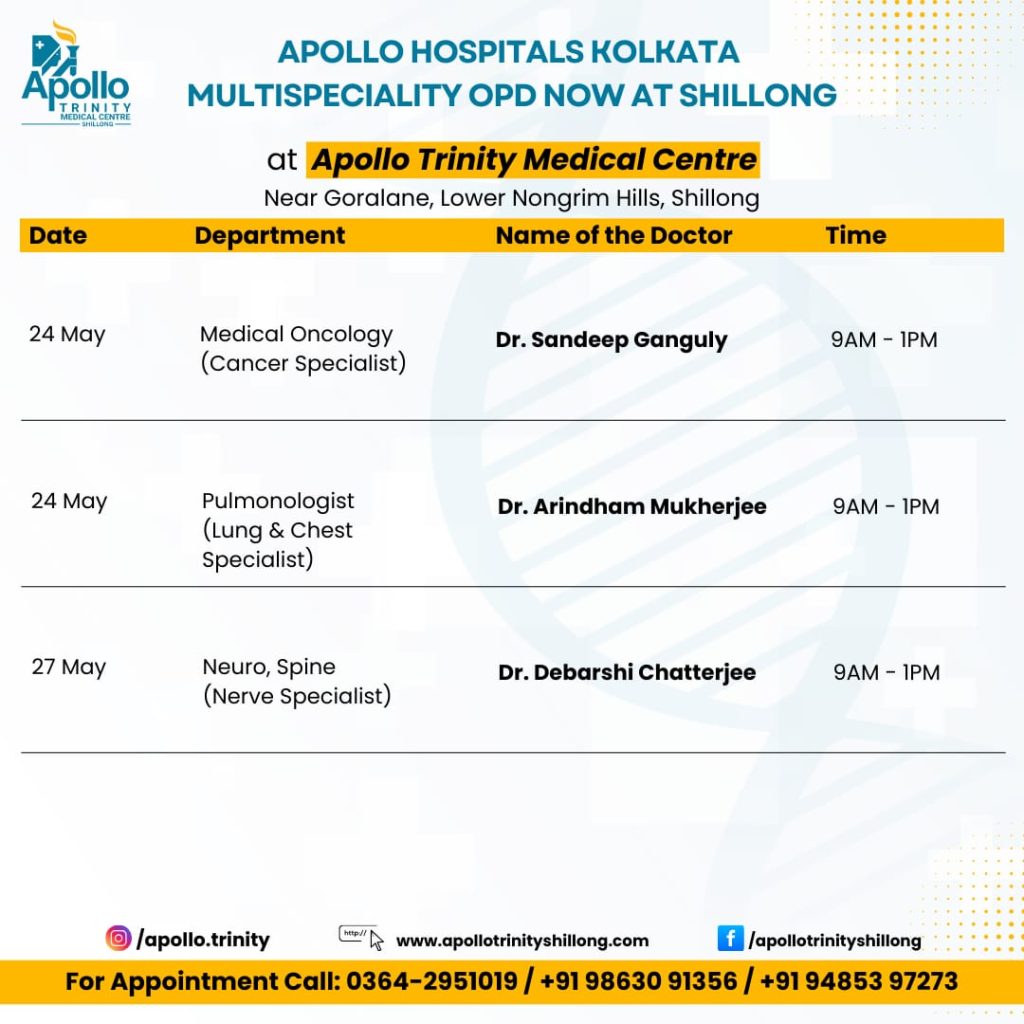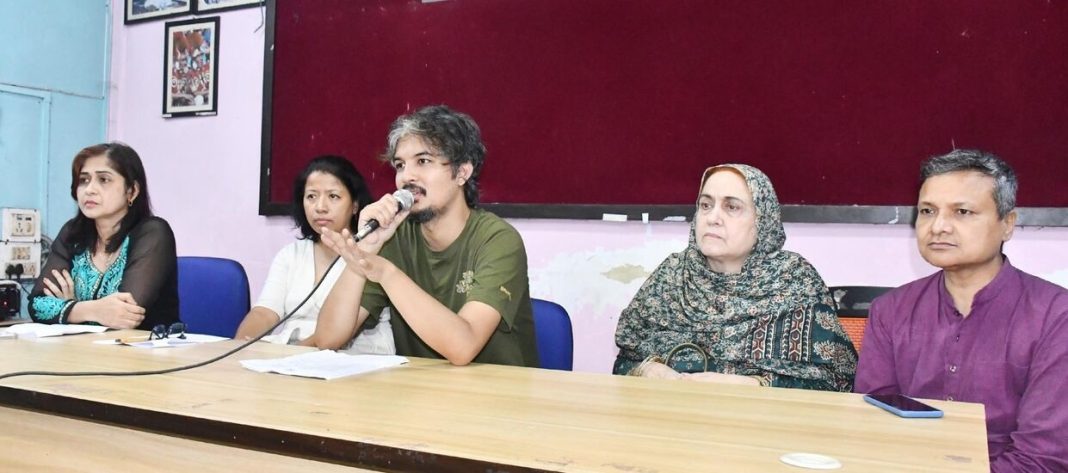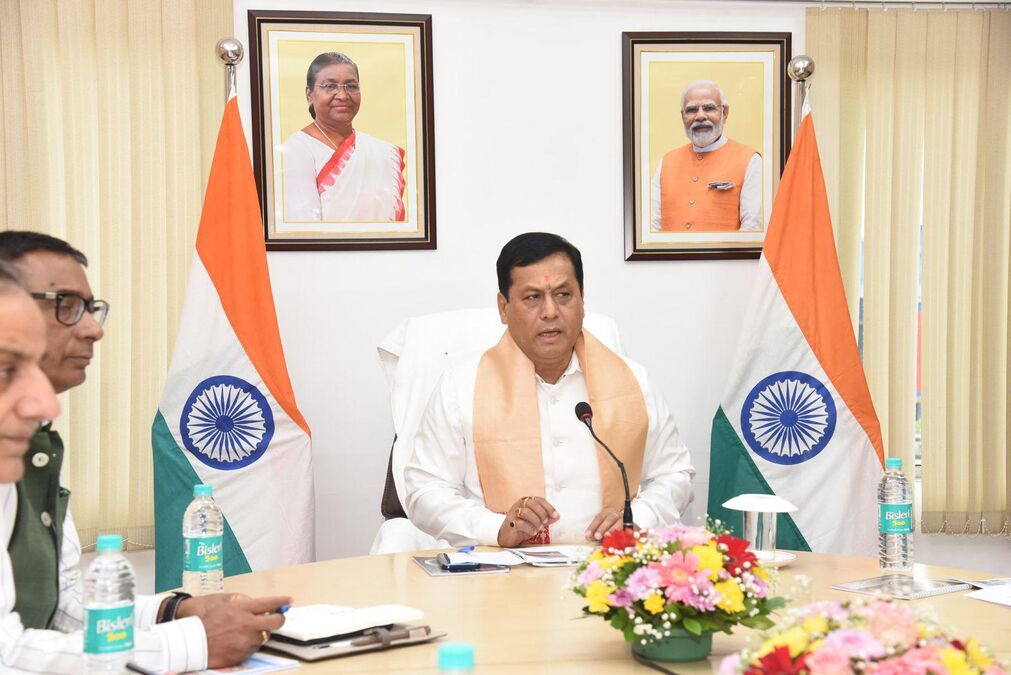
Guwahati, May 19: A new citizen-led movement, Reclaim Guwahati, is pushing back against the city’s fast-paced but lopsided development. With Dighalipukhuri as its first focus, the group is calling out environmental destruction, unsafe infrastructure, and a lack of public participation in shaping Guwahati’s future.
Addressing a press conference on Monday at the Guwahati Press Club, Reclaim Guwahati chief Milan Dutta said, “Guwahati is urbanizing rapidly, but it’s losing its soul.” Dutta criticized what he called a dangerous trend of top-down decision-making, ecological negligence, and overlooked public safety in the name of progress.

Dighalipukhuri: A microcosm of mismanaged development
Reclaim Guwahati’s first major concern is the deployment of SABRE technology by the Assam Tourism Development Corporation (ATDC) to combat water pollution in Dighalipukhuri. While the intent is appreciated, the group argues the initiative is a superficial fix that ignores deeper issues like poor waste disposal, fragmented governance, and lack of public awareness.
Adding to the frustration is the lack of public consultation and transparency—especially since a previous cleanup effort led by TERI (The Energy and Resources Institute) was discontinued without explanation.
Meanwhile, local volunteers—without any state support—have been cleaning the pond for the past six months. They’ve collected over 1,100 kg of waste, installed bamboo bins, and put up anti-littering signs. Dutta stressed that sustainable solutions must include the people already doing the work on the ground.

Flyover plans vs. urban ecology
The proposed Noonmati–Dighalipukhuri flyover has also drawn heat from the group, especially for threatening to remove mature trees in Ambari. These trees, they argue, are vital for cooling the city, especially for pedestrians and daily-wage workers in Guwahati’s intensifying heat.
The group questioned the plan to translocate the trees to the Textile Institute, a process that historically sees low survival rates. Instead, they proposed terminating the flyover at Guwahati Club Rotary and using nearby railway land for ramps—minimizing both ecological damage and land acquisition hurdles.
Safety lapses add to public anger
Recent construction-related incidents—like the electrocution near the GNB Road flyover—have only deepened concerns. Residents have flagged dangerously exposed high-tension wires, flooding around sites, and poor contractor oversight, creating daily hazards for locals and commuters alike.

What Reclaim Guwahati demands
Reclaim Guwahati laid out the following key demands:
ATDC must host a public meeting on the SABRE project and allow for community involvement in cleanup and monitoring.
PWD should open flyover and tree preservation plans to public scrutiny, ensuring decisions reflect community input.
PWD and APDCL must take immediate action to fix safety lapses, improve site management, and enforce contractor accountability.
“Guwahati deserves better,” said Dutta. “We’re not against development—we’re against reckless development. Real progress includes people, protects nature, and puts safety first.”
The group will remain focused on Dighalipukhuri for now, but plans to expand its work to Silpukhuri and other neighbourhoods across the city—one step at a time.





